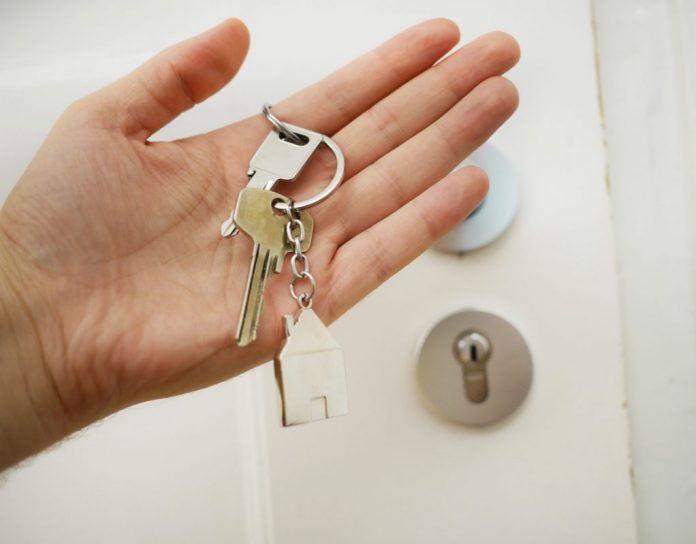Recently, there has been a lot of interest in buying property in Queensland after the brunt of pandemic restrictions. It sure is exciting to move to the Sunshine State for the scenery, climate and lifestyle, but these aren’t the only things different in QLD. The process of purchasing a new property in QLD is quite different than NSW, so here’s some advice to avoid the confusion.
Overview of buying property
Here is a basic outline of the process for buying property in NSW:
- The seller’s solicitor prepares a contract containing prescribed documents
- Copies of the contract are signed by the buyer and the seller
- Five-day cooling off period begins
- Buyer seeks legal advice
- Buyer makes pre-purchase inspections and obtains finance approval
- Cooling off period finishes and contracts are set
- 42-day waiting period before settlement
And here is the process for Queensland:
- The real estate agent prepares the contract
- Same contract is signed by the buyer and seller
- Five-day cooling off period begins
- Buyer seeks legal advice
- Additional searches and inspections not provided by the contract are conducted
- Cooling off period finishes
- Buyer receives building and pest reports and finance approval after 21 days from contract date
- Contracts are set
- 30 day waiting period before settlement
What are the major differences between the two states?
The contents of the contract of sale are significantly different between the two states. NSW requires the inclusions of “prescribed documents” that may affect how the buyer decides on a property. These documents include the zoning of land, sewer diagrams, title search and other important warnings and information required by NSW regulations. On the other hand, QLD requires a lot less information in the contract and do not normally contain the same searches as NSW. A contract of sale in QLD contains a warning statement, body corporate information sheets, Pool Safety Certificate and applications regarding trees in relation to the property.
In NSW, the settlement date is not essential. This means it is not a condition of the contract to settle by the agreed date. The other party is not able to end the contract if there is no settlement by the due date and instead can file a “Notice to Complete” the settlement (usually 14 days). However, settlement dates are strict in QLD. Either party may choose to terminate the contract should the other fail to settle on the specified date of settlement.
Home insurance and property responsibility also differs in QLD. In NSW, the seller is responsible for the property until settlement. Instead, in QLD, from 5:00pm the following business day after the contract, the property is the buyer’s responsibility. More information on buying property can be found on the Queensland Government Law website.
What is the advice for NSW buyers?
The expectations of the buyer are different in each state. In QLD, the contract of sale does not contain all the searches and information as in NSW, the responsibility to make these searches is put on the buyer. As the buyer, you should conduct the necessary searches and enquiries in the cooling off period or even before exchange to make sure you have all the information you need before settling.
It is also very important to keep settlement dates in mind. Time is of the essence in a QLD contract of sale, meaning that you risk having the contract terminated if you do not settle in time. This also means that you need to organise home insurance before settlement as it becomes your responsibility almost immediately.
From New South Wales?
The process between NSW and QLD real estate processes are fairly different but now you know what to keep in mind! For more information and advice, Queensland Property Experts can be of assistance.





